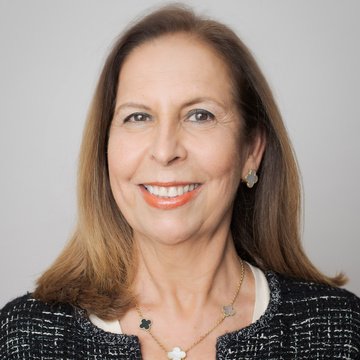Afsaneh Mashayekhi Beschloss is an economist and founder and CEO of RockCreek. Previously, she was managing director and partner at the Carlyle Group. She was treasurer and chief investment officer of the World Bank and worked at J.P. Morgan. Beschloss has advised governments, central banks, and regulatory agencies on global public policy, financial policy, and energy. She led the World Bank’s energy investments and policy work on areas including sustainable investing, renewable energy, power, and infrastructure to reduce carbon emissions and founded its Natural Gas Group as a transitional fuel.
Beschloss is chair of PBS Foundation and trustee of the Institute for Advanced Study, World Resources Institute, Rockefeller Foundation, and Georgetown University.
She was recognized by the Carnegie Corporation in their “Great Immigrants, Great Americans 2020” list, received the Institutional Investor Lifetime Achievement Award and the Robert F. Kennedy Human Rights Ripple of Hope Award, and was listed among the Most Powerful Women in Banking by American Banker.
Beschloss is coauthor of The Economics of Natural Gas and author of numerous journal articles on finance, renewable energy, and impact investing. She holds an MPhil in economics from the University of Oxford, where she taught international trade and economic development.
 Online Store
Online Store
